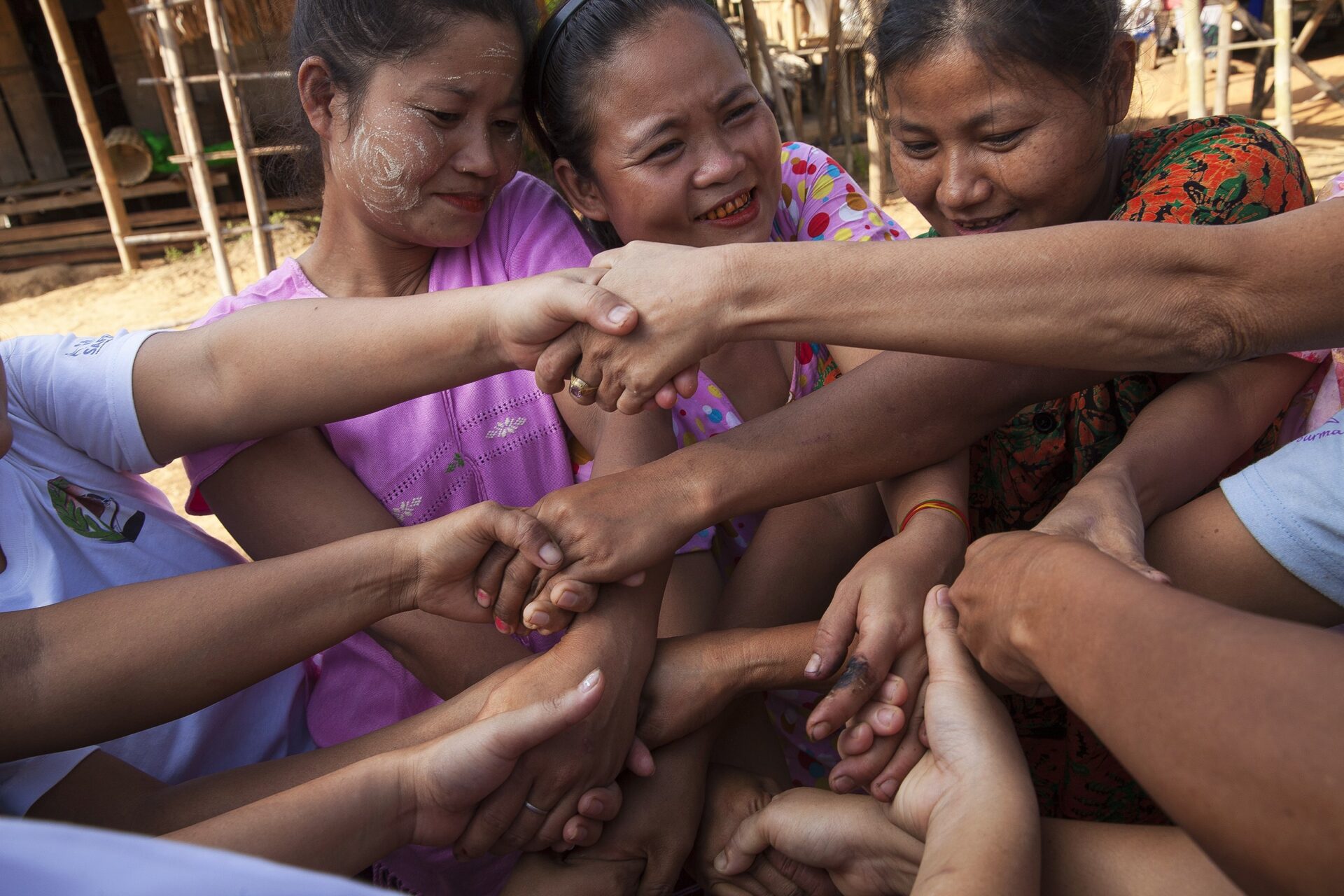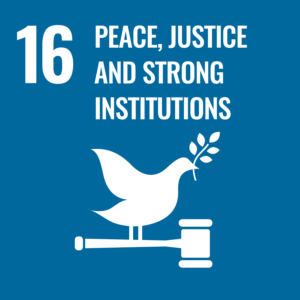SA4D uses sport and play based activities to encourage processes of dialogue and understanding in order to restore a climate of peace and inclusive communities.
Today, more people than ever live in a country other than the one they were born in. By June 2019, the number of international migrants was estimated to be 272 million globally. Nearly two thirds of people leaving their home countries were labour migrants who move in search for work or economic opportunities, as well as people who migrate to reunite with their families or to receive education abroad. In contrast, other people have to leave their homes (and sometimes even their countries) for tragic reasons such as conflict, persecution, terrorism, human rights violations or due to disasters.
Psychosocial scars – especially among children and young people
While those who have been displaced only make up a small percentage of overall migrants, they are often the ones who need most assistance. This is especially true for refugees. They often have had to flee with little more than a few belongings, leaving behind their possessions, their work, their loved ones, and even the fundamental rights that come along with being a citizen in the country you live in. While refugees should be under protection of the international community, they often face controversy and even hostility in the countries they fled to. At the same time, the extreme violence that many refugees have witnessed often leaves psychological scars that seriously affects their wellbeing. In addition, the uncertainty they face about their future is a source of psychological distress. For young refugees to be able to lead healthy, self-determined lives, it is therefore essential to build social ties with their host community, as well as to acquire coping strategies and life skills to process the (often traumatizing) experiences.
SA4D uses sport and play in restoring a climate of peace and creating inclusive communities
SA4D uses sport and play-based activities to support refugees to cope with psychosocial challenges and to strengthen social cohesion among refugees and with locals. Sport and play allows to bring together children, adolescents, and adults from diverse backgrounds in a safe and positive environment. Here, they can acquire coping strategies that help them process the (traumatising) experience and regain self-confidence. At the same time, during those activities refugees and locals get to know each other better, they learn to relate to the other and sometimes even create social bonds and friendships. Building life skills and having positive experiences with people from diverse backgrounds is key in restoring a climate of peace and in creating inclusive communities.


